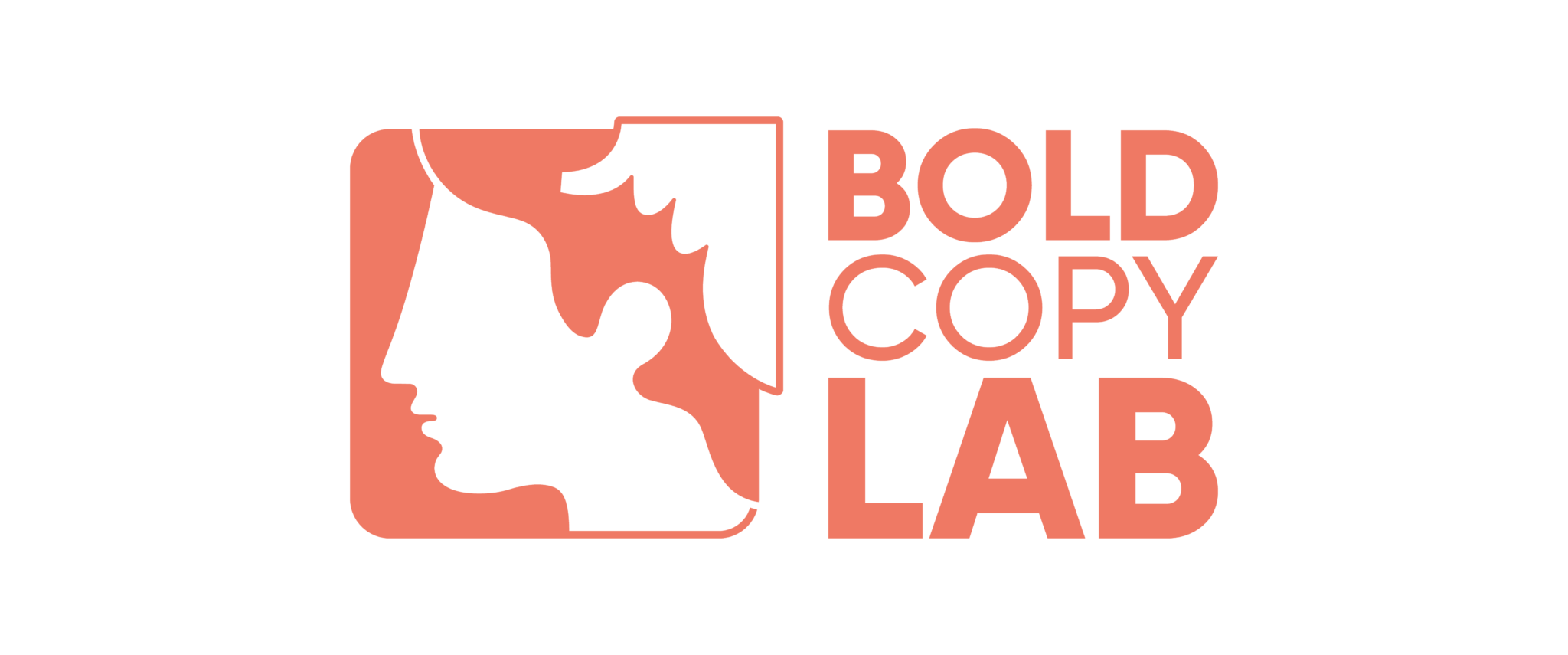
We recently had a conversation with a client which we thought was is worth sharing. As you may know, at Bold Copy Lab, we offer professional proofreading and editing services. We get all sorts of texts, from business-related topics to fiction and several writing genres like essays, informative or promotional articles, scientific dissertations, etc.
Before any proofreading or editing begins, we need to talk with the clients or writers who put their texts in my hands before starting to work. The reason is that sometimes the client wishes that our service included an assessment of narrative elements (storyline, plots, twists, etc.) or stylistic issues. Other clients expect a justification for every adjustment as if it were a live class.
The types of tasks just mentioned are typical of editing but are not proofreading in a strict sense. The difference between these two services is usually straightforward. Nonetheless, we felt it’s better if we clarified the scope of each one. Mainly to avoid being hired for proofreading when what is wanted is editing, and the writer or client feels disappointed.

So, as we said, a person contacted us because he had a finished text and wanted us to proofread. As usual, we asked him several questions to determine if he needed proofreading or wanted editing services. During the conversation, we double-checked that the difference between these two tasks was clear. However, we noticed this person considered that proofreading was the same as “rewriting” the text to improve it, clear evidence that he was confused regarding both terms.
To avoid this kind of confusion, we deemed it necessary to write this post. On the other hand, it is possible that you are considering hiring a proofreader for your work or that you are thinking of training yourself professionally for this field. In both cases, the following information will be helpful to you.
Language norms and style guides
Spelling rules are the first filter that a decent text must pass, but it is not the only one. Proofreaders apply a style manual or the established language norms. They know the uses and customs that give a language its genuine character. In addition, proofreaders apply the mechanisms that link or different ideas. Likewise, they dominate punctuation and are capable of endowing the text with linguistic richness.
A style manual comprises writing standards established for a set of publications or a company (for example, a publisher or a newspaper).
This guideline determines criteria in matters such as:
- The use of upper and lower-case letters
- Italics, quotation marks, or apostrophes
- Footnotes and bibliographic references, among others
It’s an instrument that facilitates writers, editors, and proofreaders’ decision-making by providing coherence to the publications in which they work. When there is no style manual or an editor, the proofreader must apply the rules that he would find in one.
What does a proofreader do?
A proofreader minds the used language and makes sure that its use is coherent with the purpose of writing. A good text full of the conjunction “but” isn’t incorrect, although it loses quality and expressive capacity. The proofreader will detect this and diversify the piece with words like however, nevertheless, nonetheless, although, furthermore.

Although the tasks that a proofreader agrees to will depend on the client’s requirements and the type of text, these are the usual:
- Find and correct spelling errors
- Fix vocabulary mistakes
- Increase the richness and linguistic diversity of a text
- Correct syntax errors (inappropriate prepositions or conjunctions, misuse of verb tenses) Modify the syntax and punctuation to make the text more elegant
- Adapt the punctuation to facilitate the reader’s understanding
- Apply spelling and typographical resources not subject to strict rules (capital letters, italics, bold) and use them according to the peculiarities of the text
- Unify criteria adopted throughout the text
We recommend you choose a proofreading service when:
- You are certain of the structure and language of your piece only require a simple grammar check to remove oversights such as typos or spelling errors
- Your text has already been proofread and now requires the last revision
What does an editor do?
Editors, on the other hand, deliver a more profound revision of a text. The essential features of writing are their primary concern. They also optimize the writing by performing modifications for clearness, readability, and easygoing narration. An editor can also implement word reductions to a text and generally requires more collaboration with the author.

An editor, not a proofreader, performs the following:
- Rewrite what someone has written
- Order the ideas in a text
- Check the fidelity or quality of a translation
- Advice on communication strategies
- Check data or the integrity of the text
- Change the author’s style
- Analyze the plot of a story and the coherence of the characters
- Explain the theoretical foundations of the edits
Thus, editing means analyzing what is written in depth by another writer and selecting, rearranging, and removing elements related to the author’s purposes. For this task, skills such as culture, general knowledge, current affairs, and decision-making come into play.
But the modifications are not merely of style or intention. The editor must respect the author’s voice while trying to make the message more precise. The editor, in this case, is a professional with knowledge of writing, editing, and even editorial design.
When to hire an editing service?
Choose an editing service when:
- Your text needs considerable adjustments for clearness, readability, and writing style
- You wish to work together with the editor to optimize and improve your writing












